EDGE RULE 24
Woodpecker 24″ edge rule
$39.99
In stock
Woodworkers Edge Rule wraps around the corner of your stock for perfect alignment and dual edge marking.
Woodpeckers new Woodworkers Edge Rule simplifies your life by wrapping around the edge of your stock and giving you an accurate scale on both sides. The short side is just 3/8“ wide, giving you plenty of room to mark stock as thin as 7/16“. The long side reaches 3/4“ across the face of your piece. Whether you’re working on the edge or the face, the corner of the Edge Rule always keeps you properly aligned.
SKU: ERULE-24
Categories: Brands, Woodpeckers, Woodpeckers Measuring
Tags: accurate ruler, aluminum edge rule, carpentry measuring tool, edge marking tool, layout tool, marking guide, precision measuring tool, professional woodworking tool, shop measuring tools, straight edge tool, Woodpeckers edge rule, woodworking accessories, woodworking edge rule, woodworking ruler
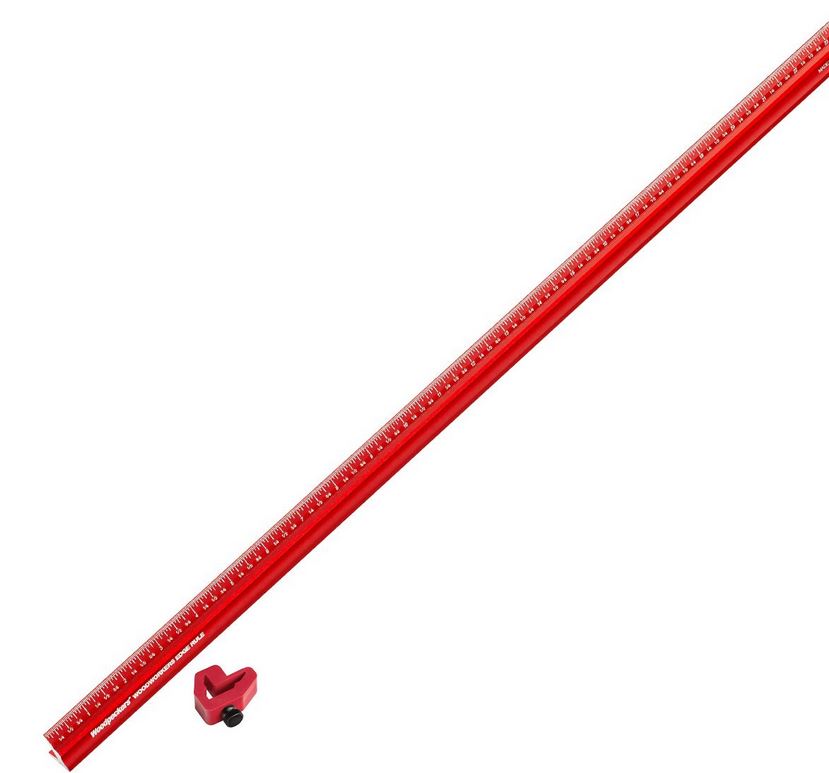
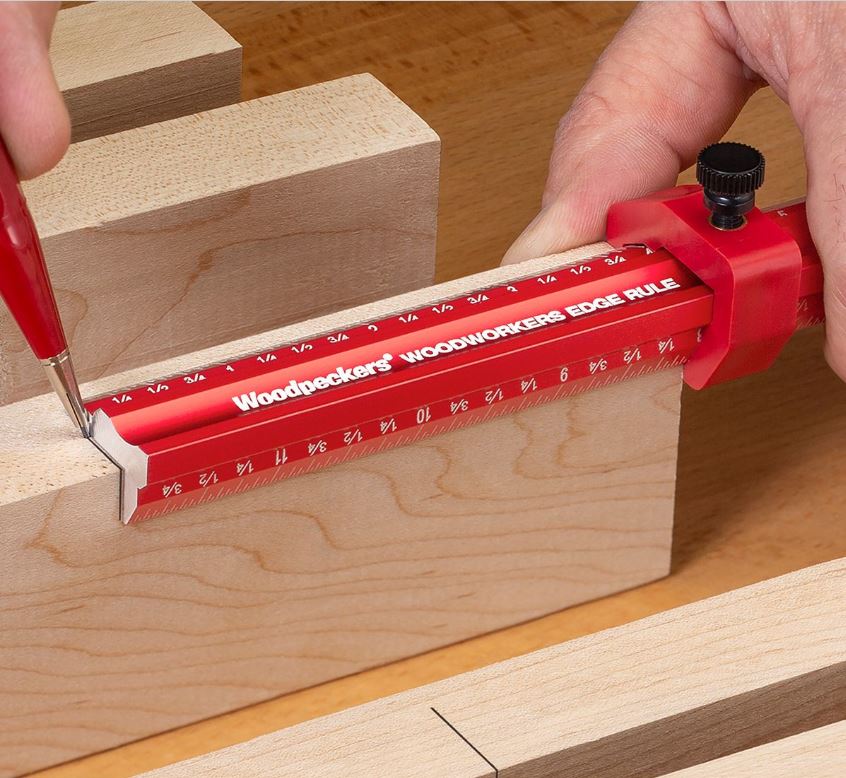
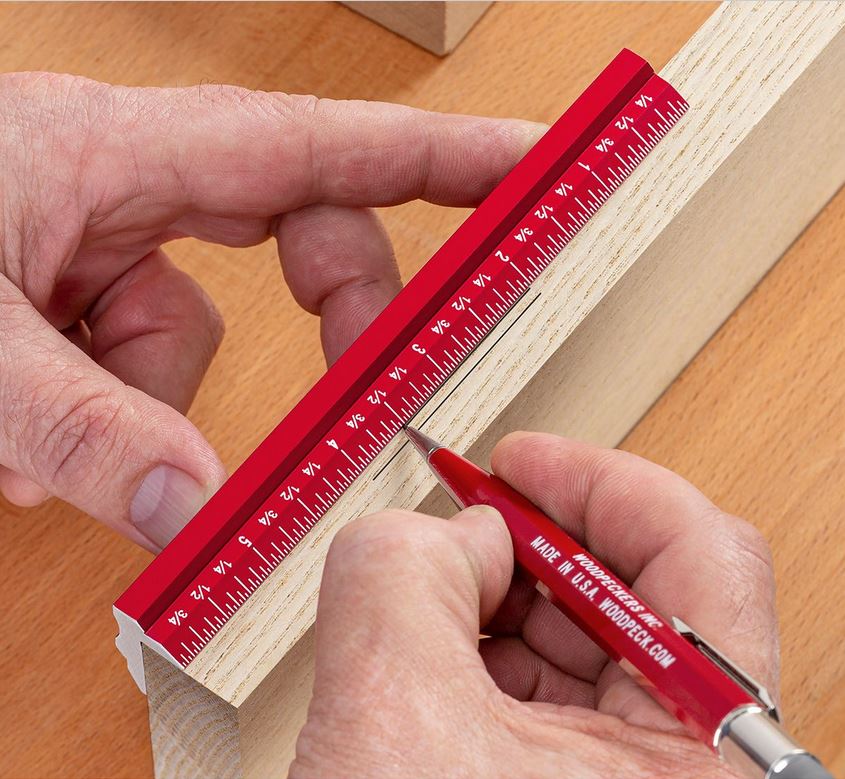
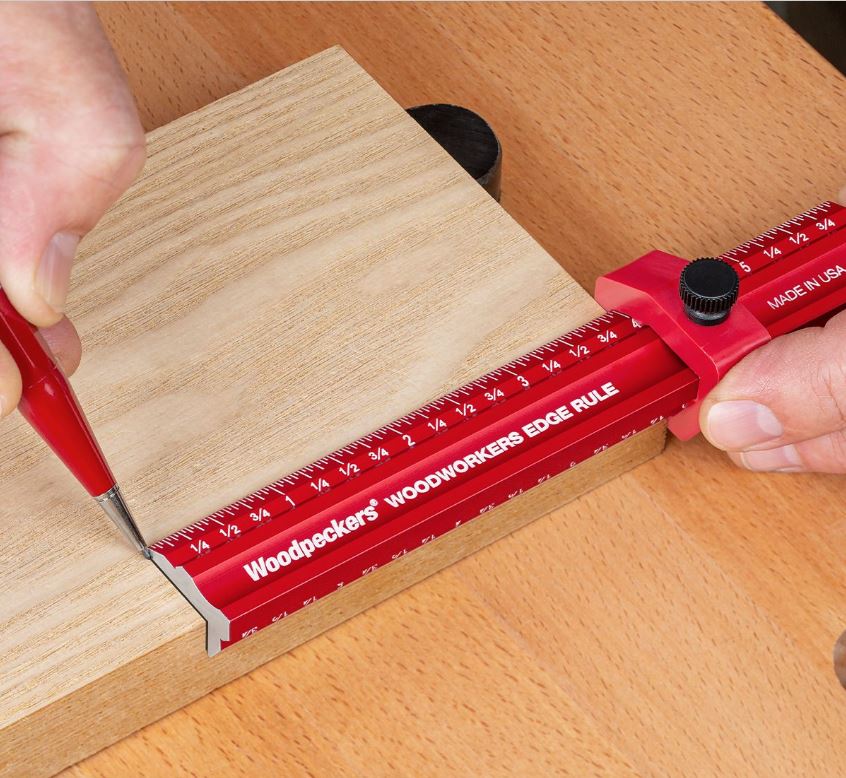
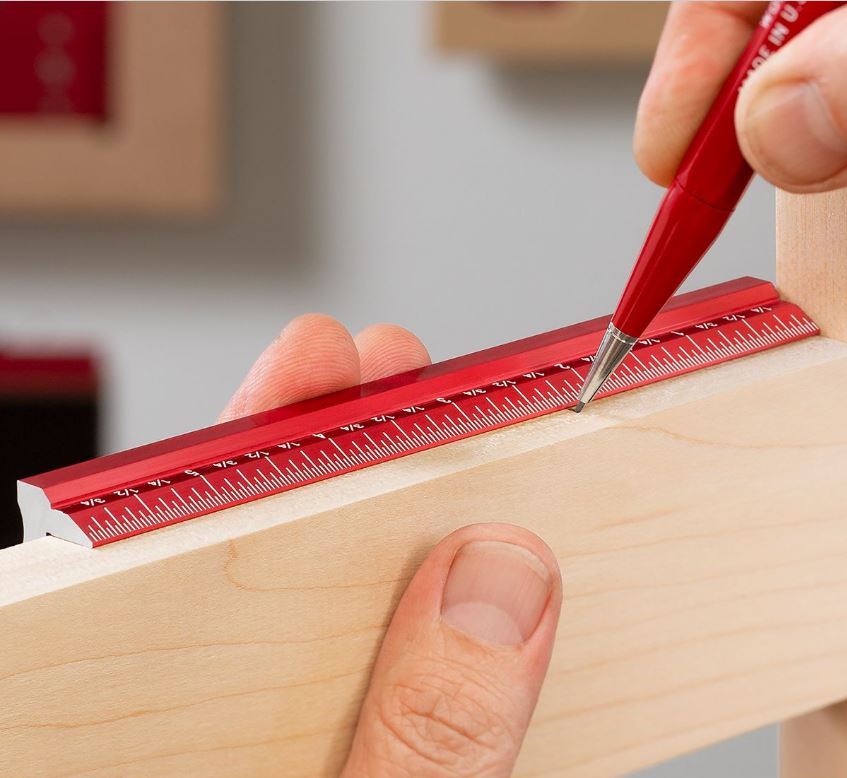
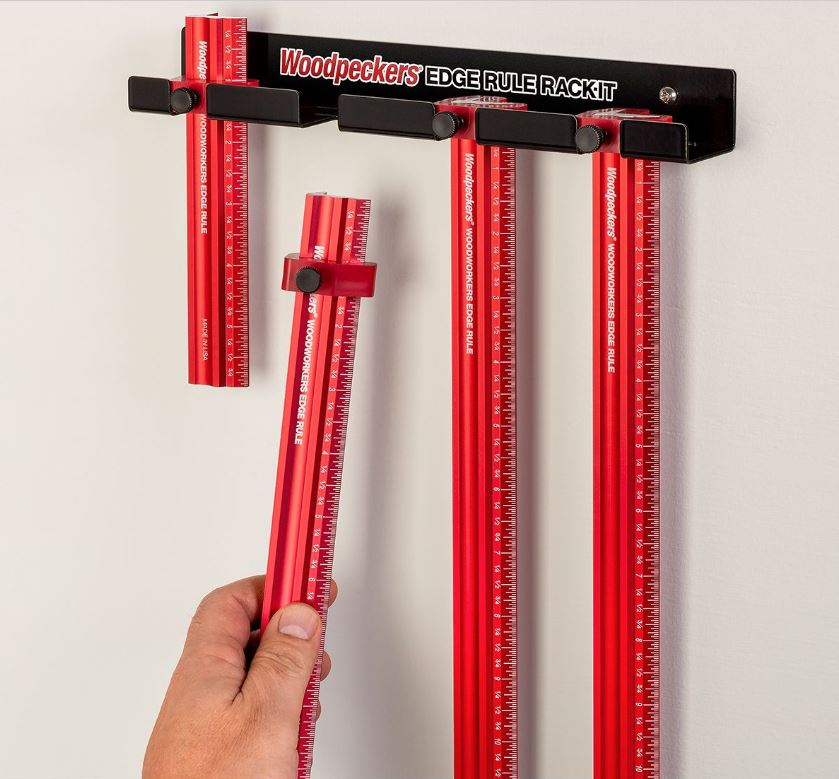
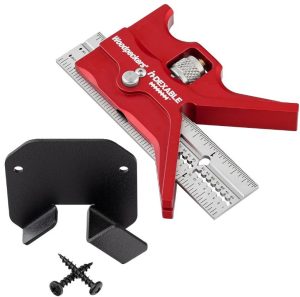
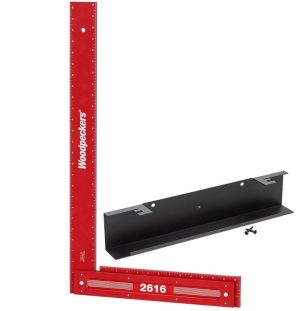
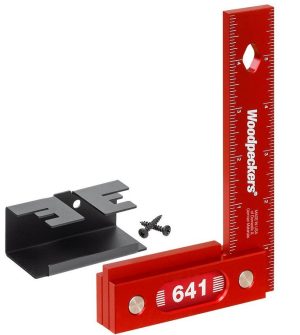
Reviews
There are no reviews yet.